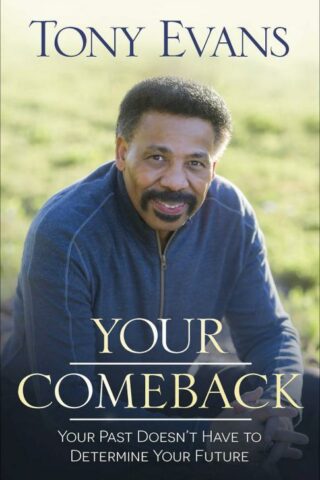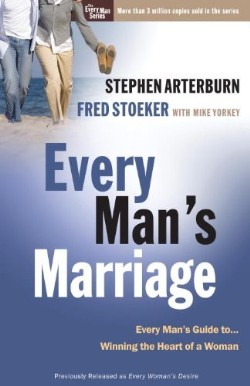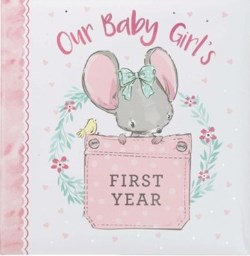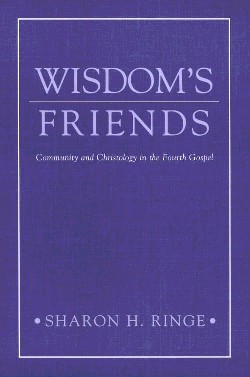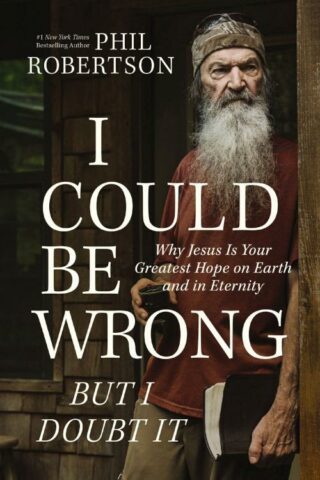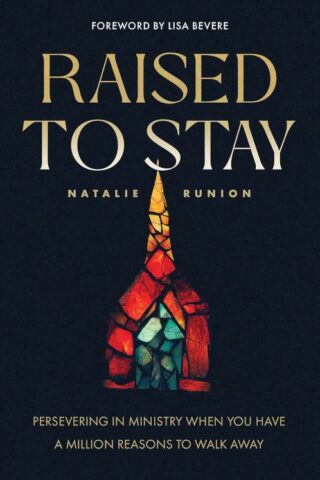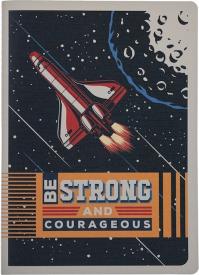Sharon Ringe
Showing the single result
-
Wisdoms Friends : Community And Christology In The Fourth Gospel
$30.00Sharon Ringe sheds new light on a heretofore neglected aspect of the Fourth Gospel-friendship-and through it links the concepts of community and Wisdom Christology. According to Ringe, this connection between Johannine ecclesiology and Christology is critical for understanding the Fourth Gospel.
Add to cartin stock within 3-5 days of online purchase


